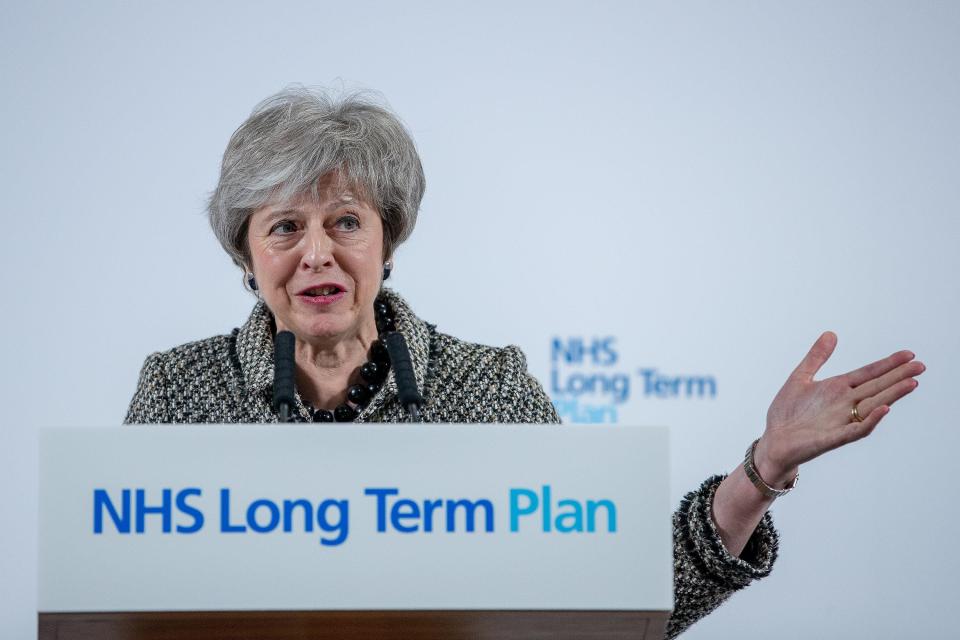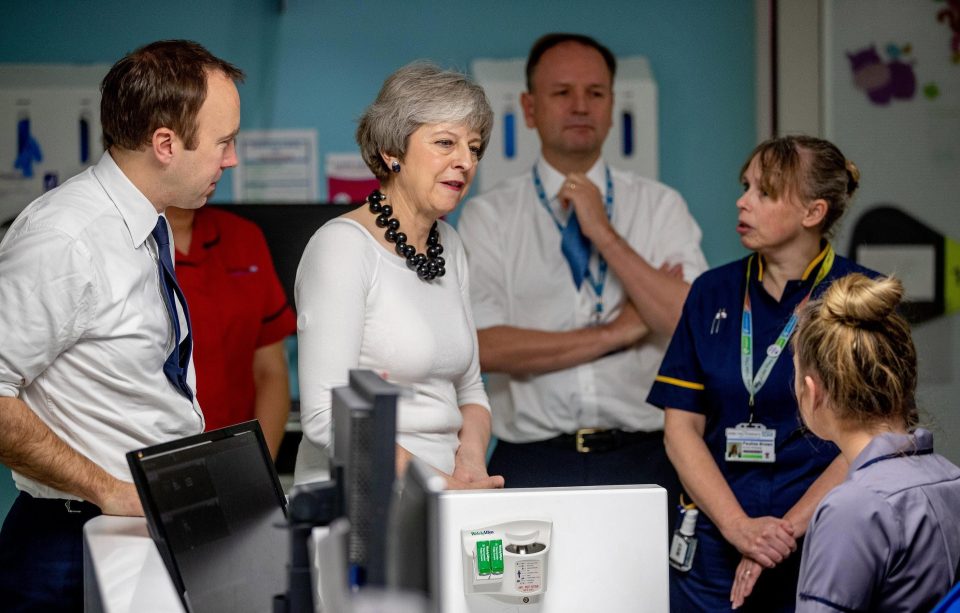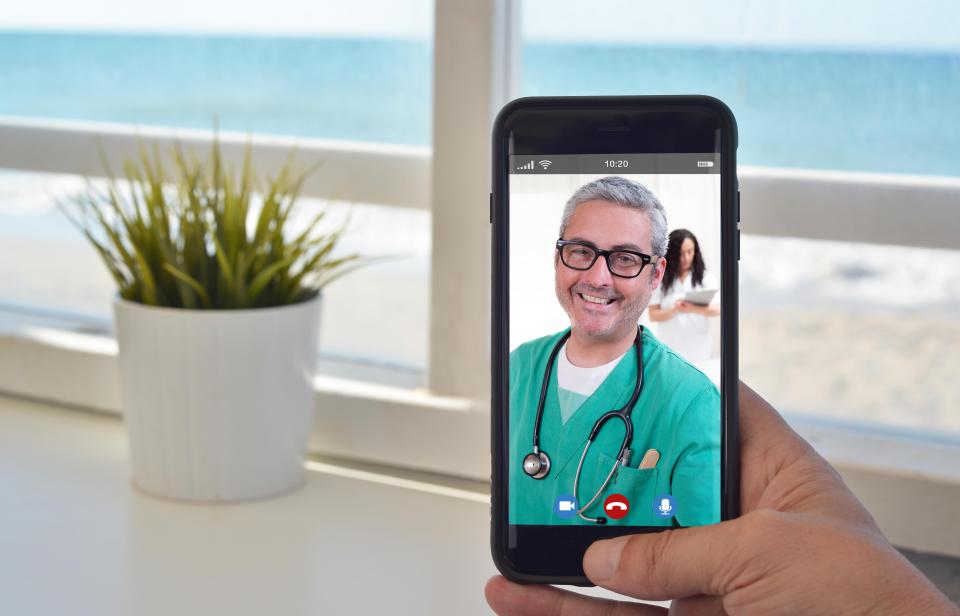NHS Plan – what does it mean for you?
Here are some of the key new NHS developments for people in England

NHS England today announced a 10-year plan outlining what it will be prioritising in the future.
There are some big changes being made, with many areas of health benefiting from a cash injection. But what does it mean for you and your health?
What does the NHS plan mean for you?
Ministers last year announced the NHS budget will be increased by £20bn per year by 2023.
The 136-page plan features shifts in money from hospitals to mental health and the community.
Many medicines are to become 'personalised', meaning tests will be done before to identify mutations in genes and then using the most appropriate medicine.
The NHS has already started this with diseases such as breast cancer, using the drug Herceptin for women with a mutation in the BRCA gene.
As medicine develops, the idea is to have more of these sorts of treatments.
The plan promises future children they will have their whole genome mapped to use targeted treatments.
The drawback for these medicines are that they are still in their infancy. It is unclear exactly how effective they will be in the future.
Early detection of cancer
Only half of people diagnosed with cancer have the disease identified early (stages one and two).
NHS England want to stump that up to three-quarters. The government says 55,000 lives could be saved in the next ten years if this is achieved.
However, the problem with this ambition is that cancer services are struggling to recruit staff.
The key waiting time target to get treatment within 62 days of referral has been consistently missed year on year.
New digital services
The plan seeks to overhaul the way with the health service.
The current model is woefully out of date and lags behind most western European nations' health services.
It wants to see online GP booking and the management of prescriptions become routine.
Video consultations with doctors are also being seen as a crucial way of reducing unnecessary hospital appointments.
NHS England also says remote monitoring of thing such as blood pressure from a patient's home offers good potential.
Easier access to mental health support
A whopping £2.3bn of the total £20bn has been set aside to improve mental health services.
It will ensure there are dedicated services for young people so they are not pushed into adult services upon turning 18.
All hospitals will also have a psychiatric liaison team in the future.
Meanwhile, the IAPT - the NHS therapy service for people with milder mental health problems - is to be expanded to ensure more people receive psychological help.
But there are already misgivings - some have pointed out that just tackling the problems in child mental health services alone could swallow up the entire extra money.












